
|
||
|
Portland art blog + news + exhibition reviews + galleries + contemporary northwest art
|
||
15 Years in Portland 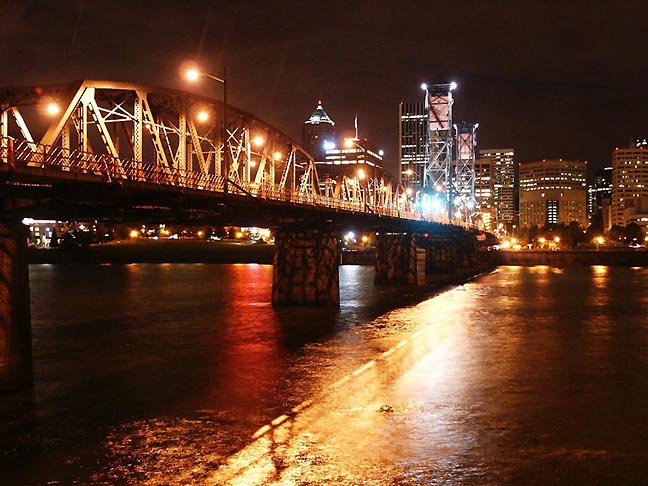 Photo Jeff Jahn Today marks the 15th anniversary of my moving to Portland. I chose this place because there was already an art scene but it seemed like Portland was ready for much more. Also, on the West Coast culture is a growth industry. In general, Portlanders are passionate and driven people who have chosen this place for moral not economic reasons. Back in the early aughts many who had lived here for a while didn't think it was possible for Portland to be something other than a remote place where people went to avoid the rest of the world. They were quite simply, wrong. Now the world increasingly comes here and it isn't uncommon for an artist to have a national/international career showing at major venues. That said most of our larger institutions have not been crucial in facilitating that kind of export career and it is something to work on, even though there has been some headway made like the Precipice Fund. Also, many old school Portlanders who are hold overs from before "the revolution" of 2001-2003 have a difficult time addressing greatness/ambition within Portland's city limits... for example, Mark Rothko (where PAM really stepped up), Robert Colescott, the details of PCVA's programming and the city's very active alternative spaces still don't get the respect/civic ownership deserved somehow because they ceased or are transient in nature. That very serious snark aside, I've been very lucky that Portland and its citizens have been so supportive of a role that is both of Portland and also acts as a go between for the rest of the world. To celebrate the anniversary (or for some, their chagrin) this April is chok full of events where I'll be making appearances as Portland's most visible curator/critic combo. For starters a panel discussion on challenging art and Clement Greenberg on April 19th, 2PM at Blackfish Gallery for their 35th anniversay and I am guest curating OPB's State of Wonder radio program on April 26, where I'll reveal a few new projects I've been working on. Other announcements, essays, interviews etc will take place throughout the month (including the trailer for my first movie, Cardenio on the 26th) and the beginning of PORT's series of pieces on contemporary patrons who are actually patrons, not just market speculators. There will also be an essay on art criticism posted before the talk on the 19th but this short piece on the subject is a good preview. Like a lot of Gen X, Y and Millennials I chose Portland because the city had a more granular non-corporate civic character. This character makes it porous to people who want to make a mark based on merit rather than resume or market capitalization. Portland was a largish city where individuals, nature and small shopkeepers mattered... in fact, they defined the ethos of this place. I believe this 2012 Op Ed that I wrote for the Portland Tribune lays out the way Portland has become a kind of capital of conscience for the USA at the moment. Those that think this renaissance is just related to music, food or art miss the larger gestalt. Portland is both a refugee camp and rebel base for those disenchanted with the lingering effects of the second half of the Twentieth Century. The music, food and art is all interrelated and there are real innovators gaining of international acclaim here in all three sectors as well as design. 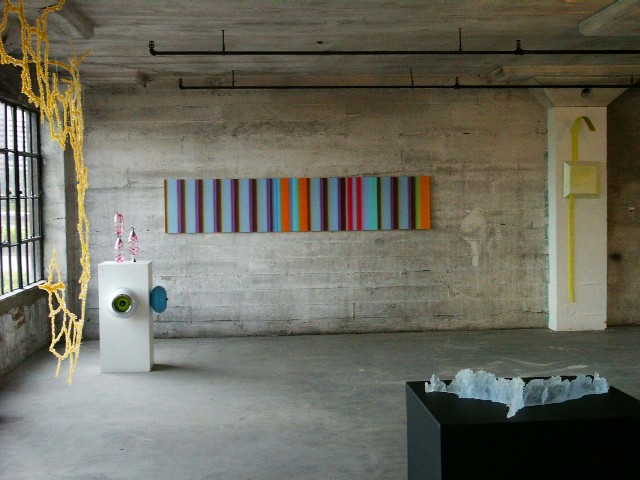 Installation view of The Best Coast (2003) (L to R) Matthew Picton, Curtis Fairman, Tim Bavington, Matthew Picton and Jacqueline Ehlis I rarely discuss my background but I'm trained as a cultural historian specializing in the biography of artists and authors. I taught film/literary theory and art history while in grad school but after graduating somehow it seemed lame when real cultural history was being created in our midst. As an artist/curator combo from 2000-2005 I initiated a series of high profile group exhibitions like Play, The Best Coast and Fresh Trouble that expanded the awareness of new media and waves of new artists in Portland when most of the institutions were hidebound to regional stereotypes. These shows were crucial and though risk taking, the names now read like a whose who of the art scene's brass right now. 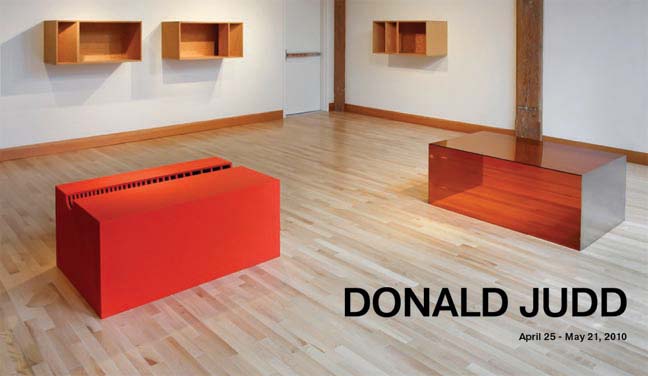
Judd Art (c) Judd Foundation. Licensed by VAGA, NYC From 2005 to the present I've curated major artists like Pipilotti Rist, Cao Fei, Hank Willis Thomas and Donald Judd into the mix of solo and group shows of local/international artists who were doing interesting things as a way to break down barriers and further raise standards. I have always felt that a city is only useful as a way to highlight and cultivate talent. I always take a historical view but it is one that looks at the way art signals shifts in understanding. 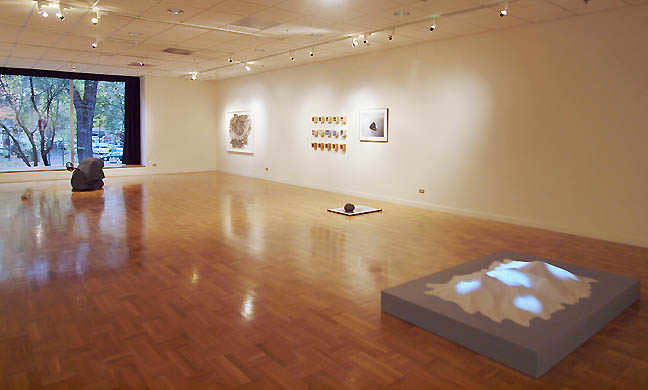
foreGround (2012) at PSU (L to R) Ben Young, Matthew Picton, Jacqueline Ehlis and Zachary Davis Thus, part of my job in the art scene is to make certain that the truly gifted don't wast their talents being pleased with being just merely good (which is typically what happens in mid sized cities and why when I wrote that Storm Tharp's landmark 2007 show was internationally relevant it meant something). Instead, I try to be an active talent scout and sounding board for artists not just some guy that gives them the thumbs up or down... or worse simply reiterates their artist statement. I also try to impress upon institutions what they need to do to be relevant to an art scene, which now uses Portland as a home base for an international practice rather than an isolated regional venue which tend to be interested in sychophantic press. Arts patrons seem to pay close attention too and I'm one of those people that they voice their opinions in private to. Basically, I treat everyone the same and I'm a lot easier going in person than I am in text. Despite Portland's success we still need to be on the watch for complacency and nearly all of my activities as an independent curator and art critic have been aimed at keeping things from becoming stagnant. Portland has a certain "niceness" to it but I just don't "settle" and all cities have to be on guard for this kind of overly cozy complacency that inevitably creeps in (it was an often heard criticism of the Whitney Biennial this year so it is a general art world problem at the moment). Some say, he talks about himself... but of course, it is the only thing anyone actually has to share. I come from the Herodotus-Baudelaire-British school of art criticism, one where the critic is required to write about the edges of their experience, implicating themselves. In general, the difference between a professional critic and some citizen with an opinion is the critic's experience is a lot broader than most. Thus, I have to engage the entire history of whatever comparisons and contexts are at play, regardless of who or where it is being presented. Overall, the robustness of exhibitions, criticism and curatorial provocation remain the best bellwethers of civic health and cosmopolitan tolerances. My role has been one of being a chief agitator and supporter of those who challenge and like to be challenged in the visual arts here. It is common for people to support that which they like but what is very different about what I do is I support that which I find challenging. All this to say thank you Portland for 15 years and giving me an international platform that is at the same time, tied intrinsically to the local microcosm. It is an honor to provide these services. *Update: hear me discuss the past 15 years on OPB's State of Wonder Posted by Jeff Jahn on April 01, 2014 at 17:26 | Comments (0) Comments Post a comment Thanks for signing in, . Now you can comment. (sign out)
(If you haven't left a comment here before, you may need to be approved by
the site owner before your comment will appear. Until then, it won't appear
on the entry. Thanks for waiting.)
|
| s p o n s o r s |
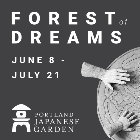 |
 |
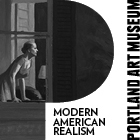 |
 |
 |
 |
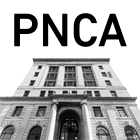 |
 |
 |
 |
 |
 |
 |
 |
 |
 |

|
Site Design: Jennifer Armbrust | • | Site Development: Philippe Blanc & Katherine Bovee | |

